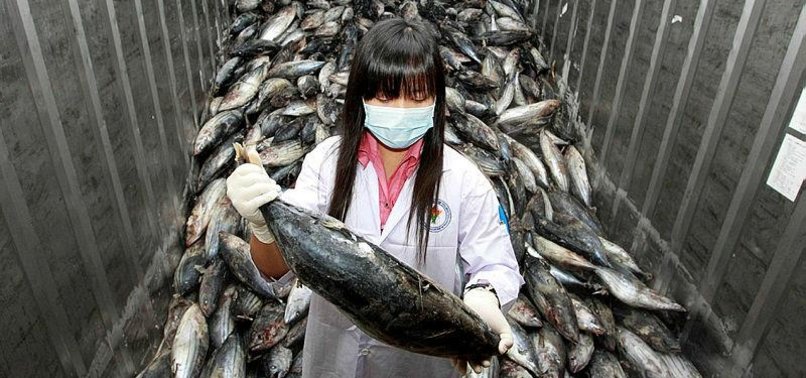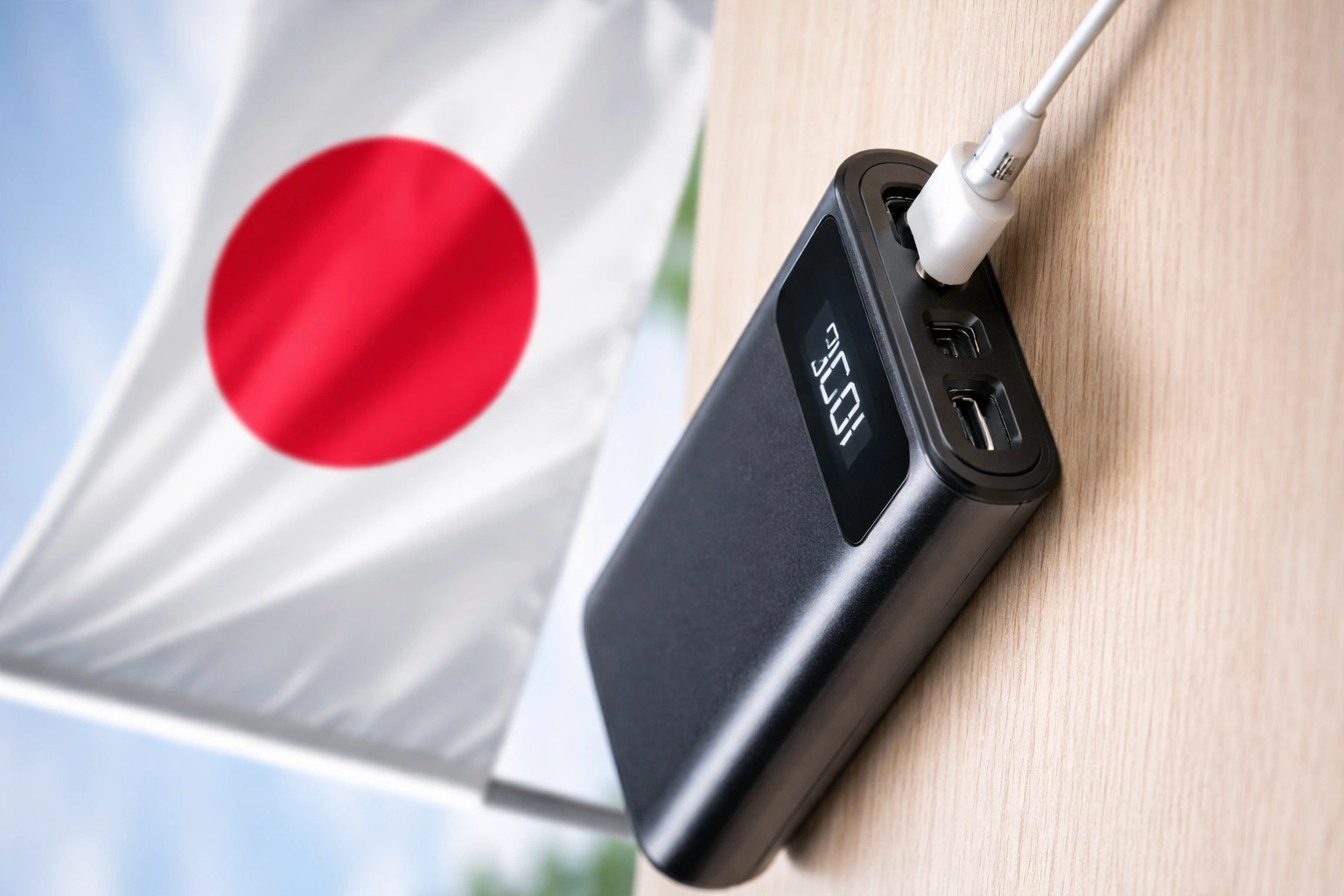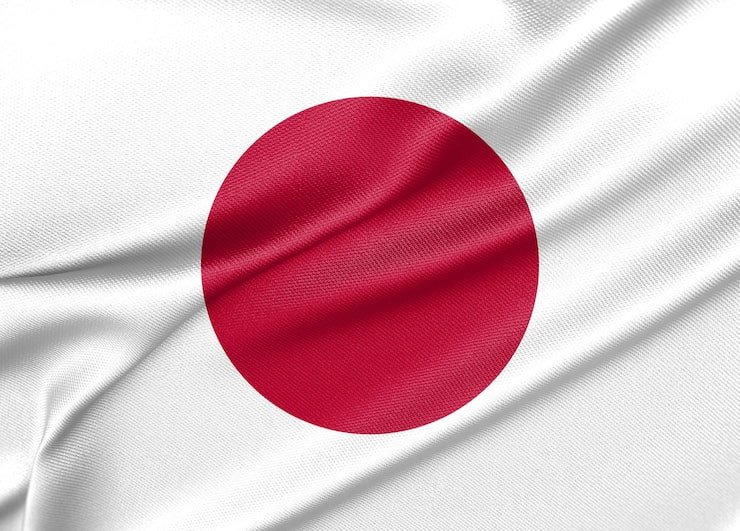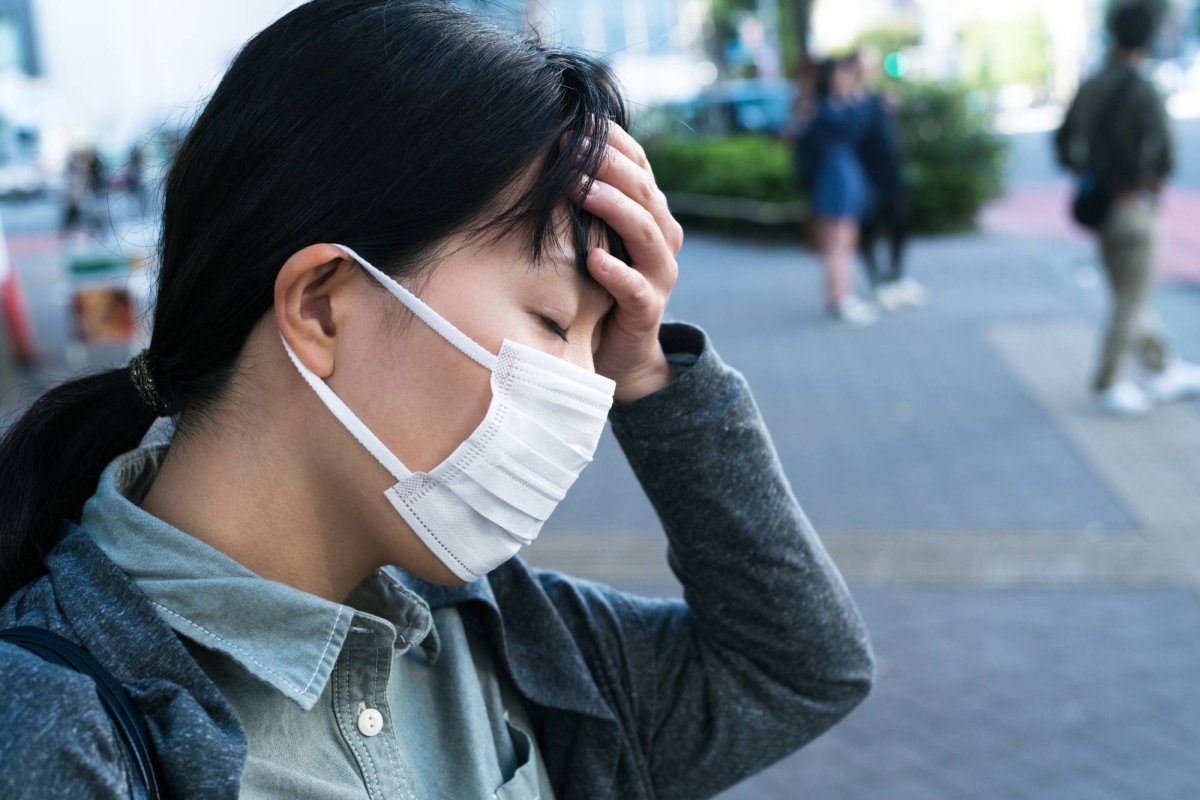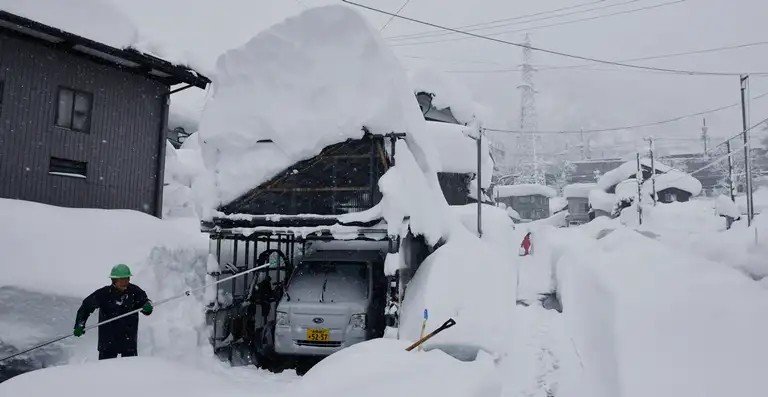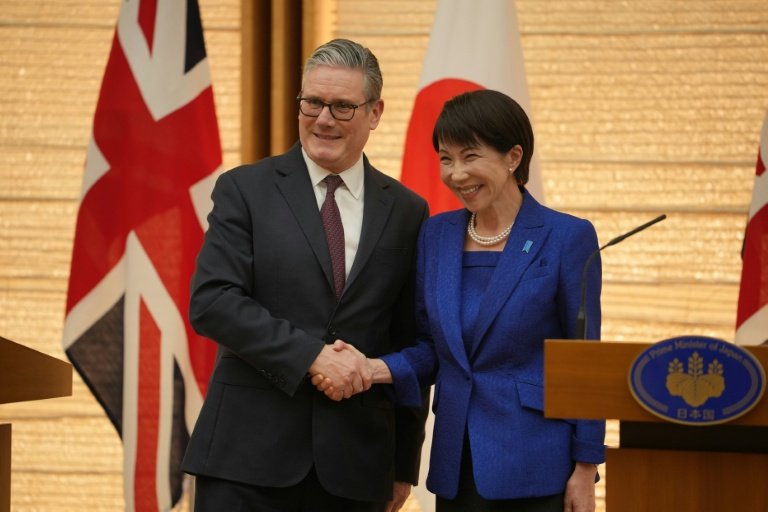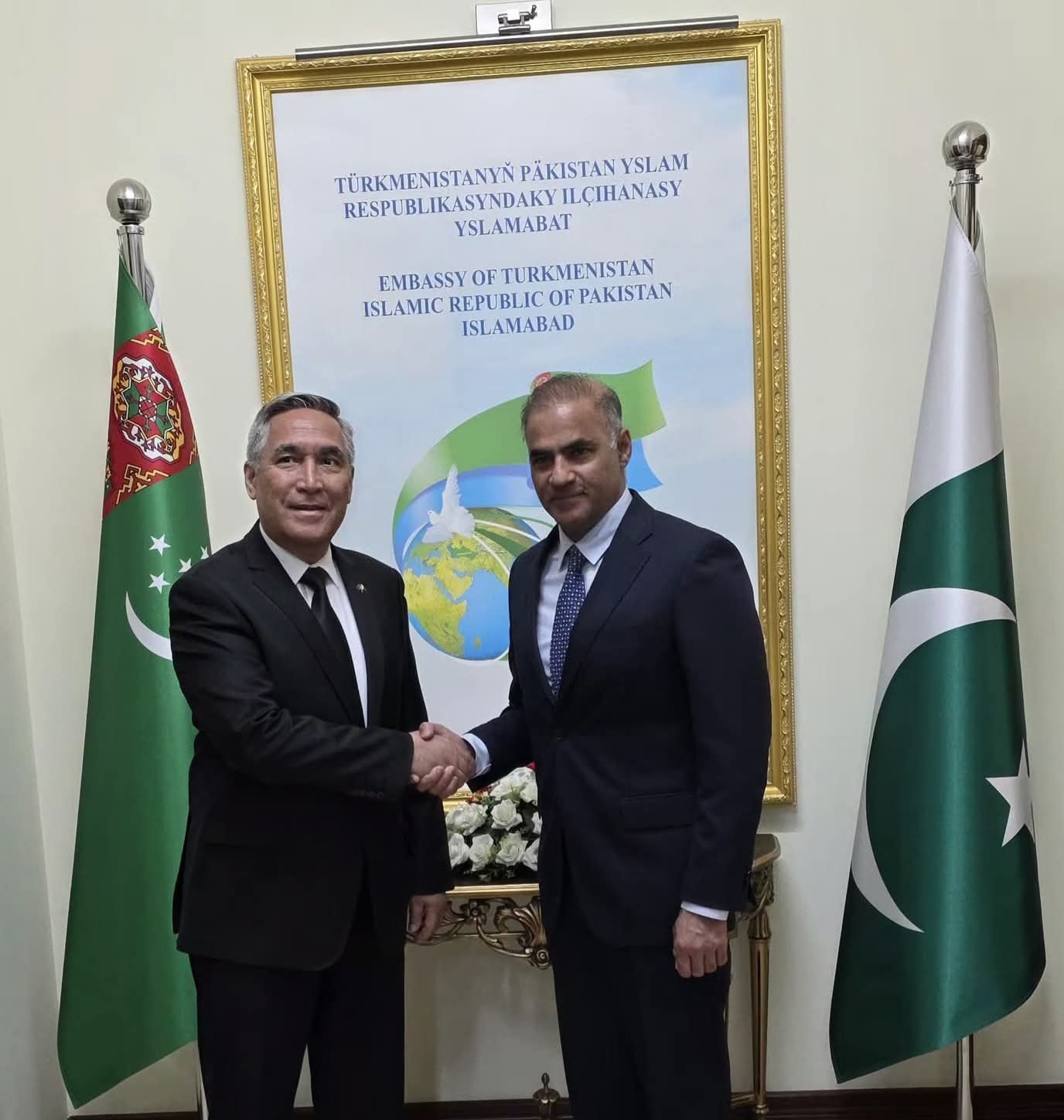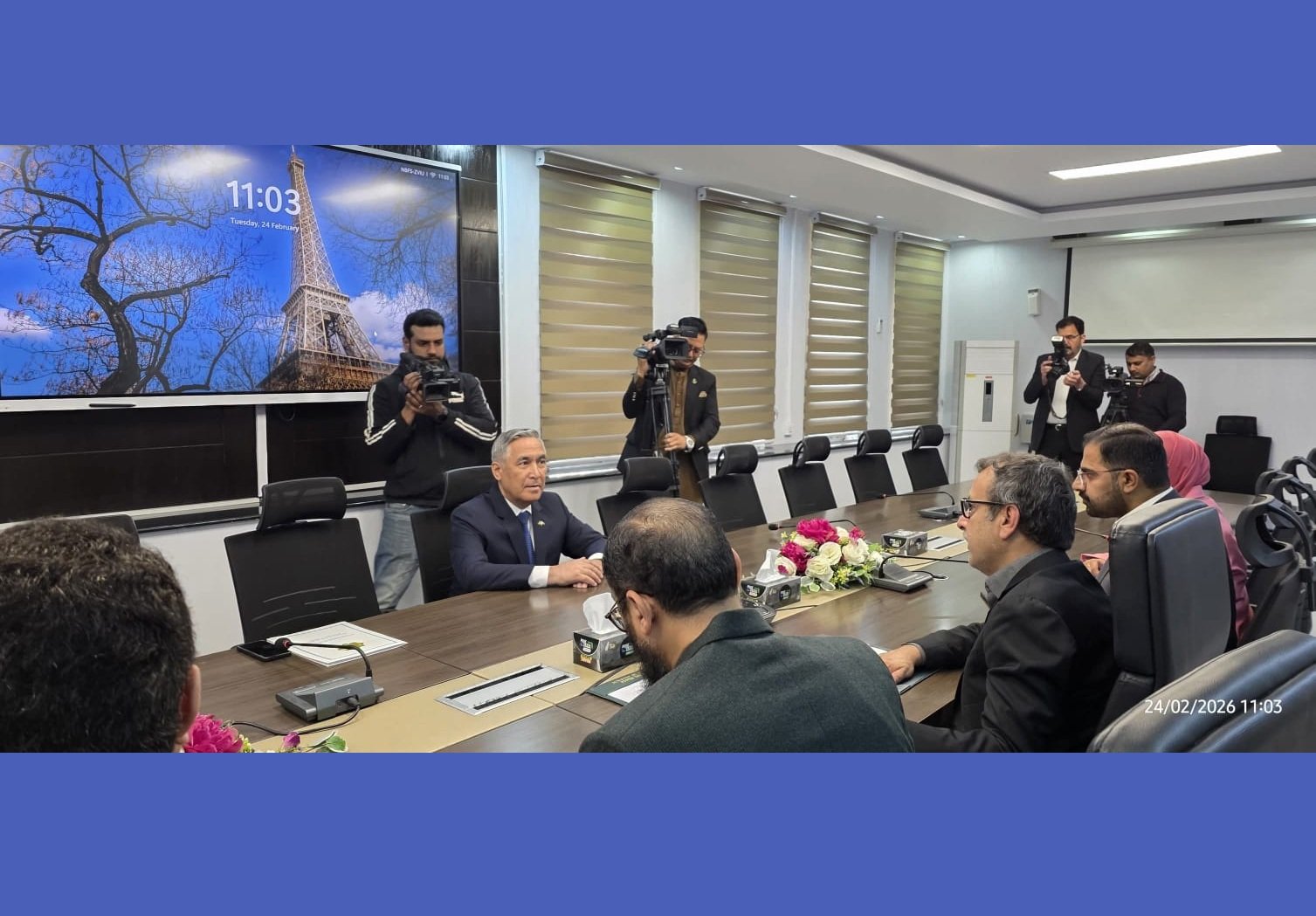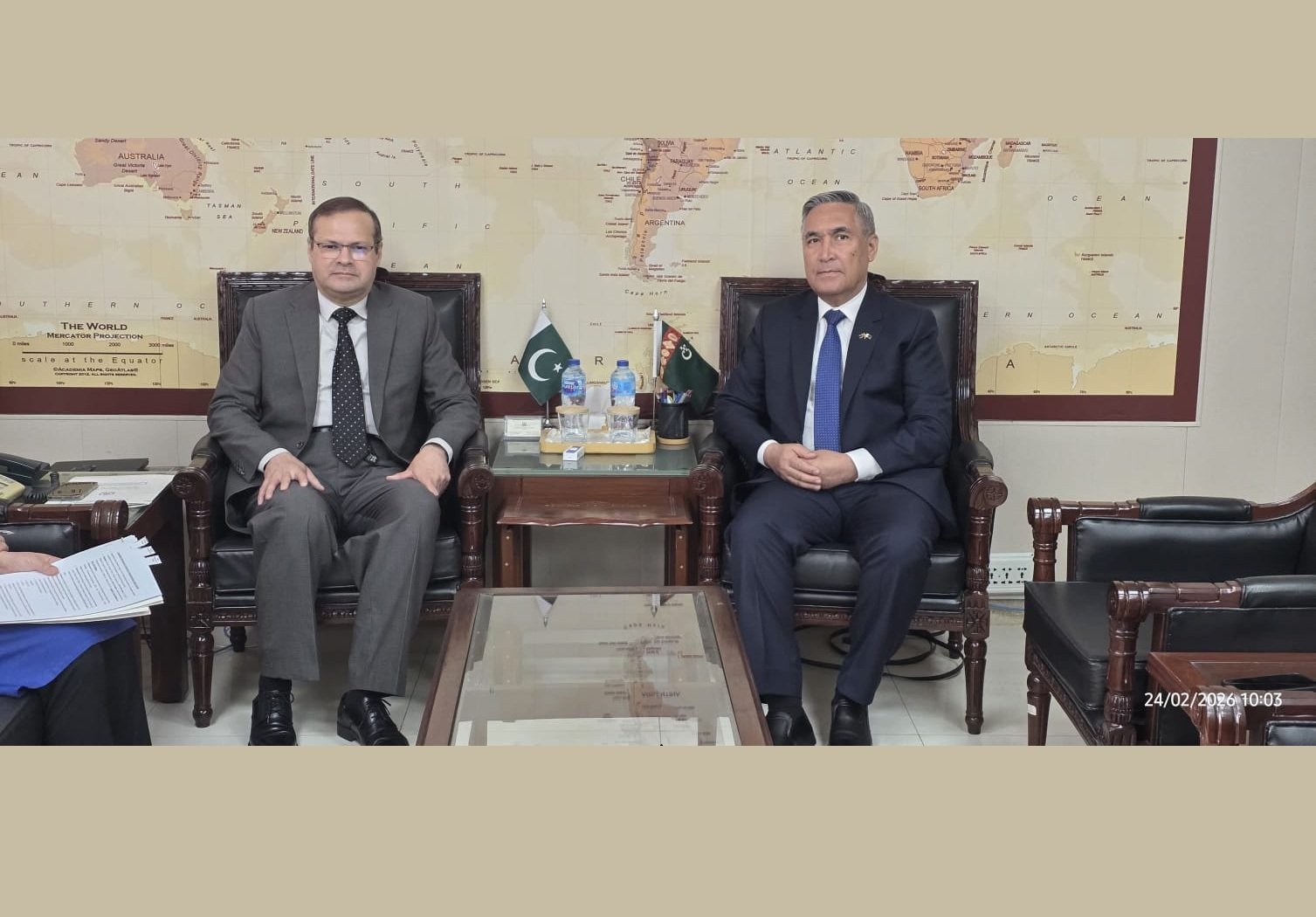Tokyo, October 29 2023, The Europe Today: The Group of Seven (G7) industrial powers called on Sunday for the “immediate repeal” of import curbs on Japanese food products, a reference to China’s restrictions after Japan began releasing wastewater from the Fukushima nuclear power plant.
The G7 trade ministers, in a statement after a weekend meeting on Osaka, did not mention China but they also denounced what they consider its rising economic coercion through trade.
“We deplore actions to weaponize economic dependencies and commit to build on free, fair, and mutually beneficial economic and trade relationships,” said the 10-page statement.
China slapped a blanket suspension of Japanese fish imports two months ago when Japan started the release of treated radioactive water from the wrecked Fukushima plant into the Pacific. While Japan and the U.S. have called the curbs unfair, Russia announced a similar restriction earlier this month.
China’s foreign ministry did not immediately respond to a request for comment on the G7 statement outside business hours.
The G7 – the United States, Japan, Germany, Britain, France, Italy and Canada – expressed “concern” over recent control measures on the export of critical minerals.
China, the world’s top graphite producer, this month announced export curbs on the key material, used in electric vehicle batteries, in another bid to control critical mineral supply in response to challenges over its global manufacturing dominance.
The G7 ministers “shared the need, a genuinely strong one, to reduce dependence on a particular country” for the supply of critical resources, said Yasutoshi Nishimura, trade minister of the host Japan. “We completely agreed to build resilient and reliable supply chains” for critical minerals, semiconductors and batteries, he told a press conference.
The ministers reaffirmed their concerns on “a wide and evolving range of non-market policies” that include “pervasive, opaque and trade-distortive industrial subsidies” and forced technology transfer, the statement said.
